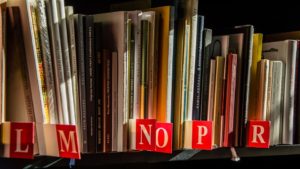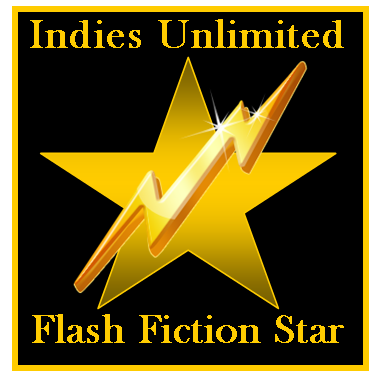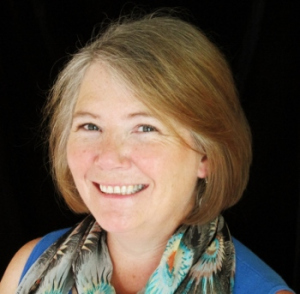 A couple months ago T.D. McKinnon wrote a post for Indies Unlimited that discussed literary fiction versus genre fiction. He also mentioned “…the increasing number of genre labels that sometimes seem to me a little obscure, with the assignment to the various categories certainly more subjective than objective.” In this post, I’m going to discuss genre labels, a bit about their history (at least as I see it), their positives and any negatives.
A couple months ago T.D. McKinnon wrote a post for Indies Unlimited that discussed literary fiction versus genre fiction. He also mentioned “…the increasing number of genre labels that sometimes seem to me a little obscure, with the assignment to the various categories certainly more subjective than objective.” In this post, I’m going to discuss genre labels, a bit about their history (at least as I see it), their positives and any negatives.
As I see it, the purpose of genres is as a shorthand to classify a book’s content. It helps bookstores arrange books that are similar to be close together. In turn, this helps readers determine if a book is something they’re interested in or as a way to quickly focus in on the books that potentially fit what they’re looking for. Imagine visiting a brick and mortar bookstore where all the books were on the shelves arranged by author last name, ISBN, or some other method without first having them grouped into genre. Could you find what you were looking for? Genre has historically been one of the most critical factors in book discovery. If a potential reader can’t find your book, they can’t buy or read it. Continue reading “Genre: Good or Evil”
Like this:
Like Loading...
 Congrats to Chris James, the readers’ choice in this week’s Indies Unlimited Flash Fiction Challenge.
Congrats to Chris James, the readers’ choice in this week’s Indies Unlimited Flash Fiction Challenge.
 Guest Post
Guest Post A couple months ago T.D. McKinnon wrote a post for Indies Unlimited that discussed
A couple months ago T.D. McKinnon wrote a post for Indies Unlimited that discussed